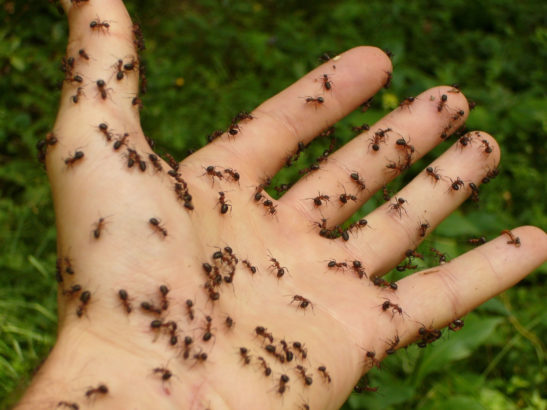Severe panic attack has symptoms just like ordinary panic attacks. The only difference is the intensity of the attack. Obviously first time the victim has this sort of an attack they feel that it is severe, but with a few more attacks she is able to differentiate between a severe and a mild panic attack.
Panic attacks can strike anywhere and anytime without any warning, and may last for several minutes. The symptoms of a panic attack may be confused with that of a heart attack, and they include nausea, breathlessness, severe muscle tension, agitating stomach, throbbing heart, excessive sweating. Other symptoms include chest pain, fear of heart attack or of dying, increase in heart beat rate, faintness.
Fortunately both medication and psychotherapy can help to reduce the intensity of the attack. Cognitive behavioral therapy and use of medication like SSRIs, SSNRIs, TCAs, Benzodiazepines, and Beta-Blockers can reduce the frequency of occurrence of panic attacks by 90%.
Several preventive measures can also be taken to reduce panic attacks like controlled breathing, relaxing the muscles, paying attention to any stress in the muscles, talking to someone if breathing is difficult. Avoid self medication and use of illicit drugs and even alcohol etc. Sometimes people use paper bag for breathing because they feel relaxed, however this only makes the situation worse. and can result in heart or asthma attack because the benefits are just a placebo effect.
It has also been noted that people suffering from various panic attacks feel ashamed and do not consult a doctor for medical help and indulge in self medication which only increases the use of these drugs. This in turn can result in the attack returning with even greater intensity. Sometimes people surrender to it and feel helpless against the situation, which further increases the gravity of the situation.
If the person suffering from phobias does not get proper treatment she may develop panic attack with agoraphobia. This can make the condition far worse, as even the idea of doing something that preceded the previous panic attack may trigger another panic attack.
You can keep record of your attacks. You can reduce the triggering effect by confronting the sources which cause panic attacks and thinking rationally about it. You should be aware of the food you consume and the daily routine you follow. Make sure to avoid caffeine and other drugs, and include exercise in your daily routine to significantly help with coping with the problem.
